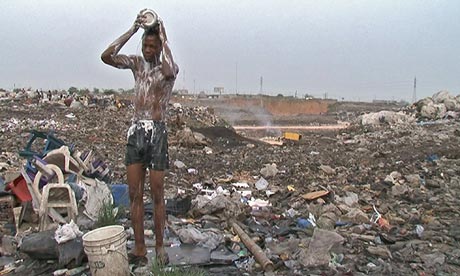So imagine my surprise when I found while trying to buy a phone recently that it was actually cheaper (GBP 388) to buy it through a local website than buying it both in LHR duty free (cost: GBP 480) and on Amazon.co.uk (GBP420). Incredible. I wouldn't usually write about this but to me it's a sign of something bigger.
 |
| Price converted |
The website that ended up selling the phone to me for Madam to use (although I doubt she has), ended up being Jumina the Nigerian arm of the German based Rocket Internet company, which prides itself on efficiency of executing internet start ups in difficult environments. They have over 200 now, most of them with similar business models that were originally copied from prominent Western examples (ebay clone, Amazon clone, stuff like that).
What that shows me is that the path to improvement is not necessarily as long as people think. What's required is standard improvements in procedures that increase efficiency and raise the overall bar. The required initiative doesn't have to come from abroad, in fact what I've seen in the past few weeks in terms of local entrepreneurship at places such as the CCHub and amongst Angel funding communities makes me cautiously optimistic that we're at the start of a very exciting wave for tech startups in Nigeria.
Jumina meanwhile hasn't proved its staying power yet but it's a glimpse of the potential that's coming this way.













